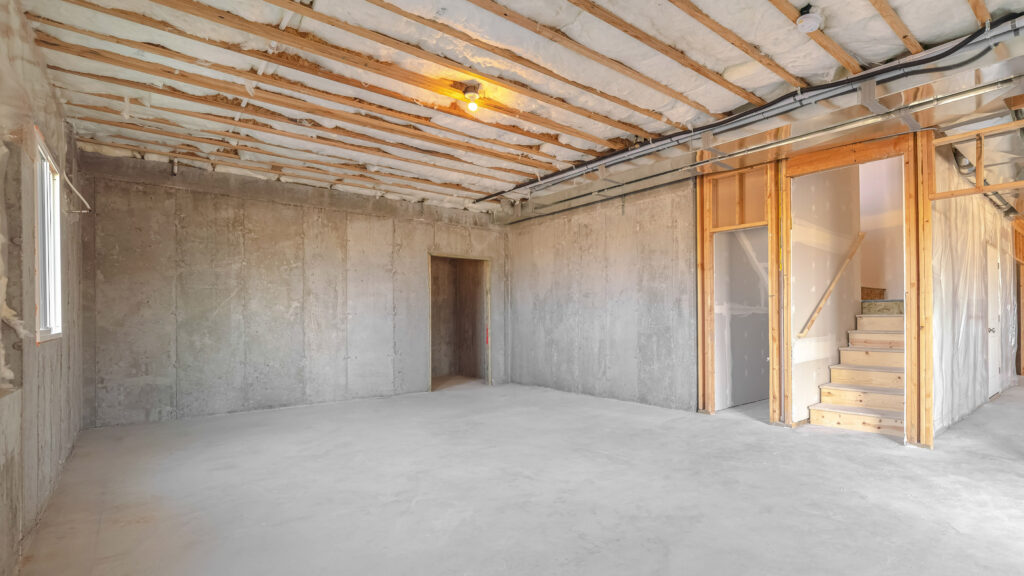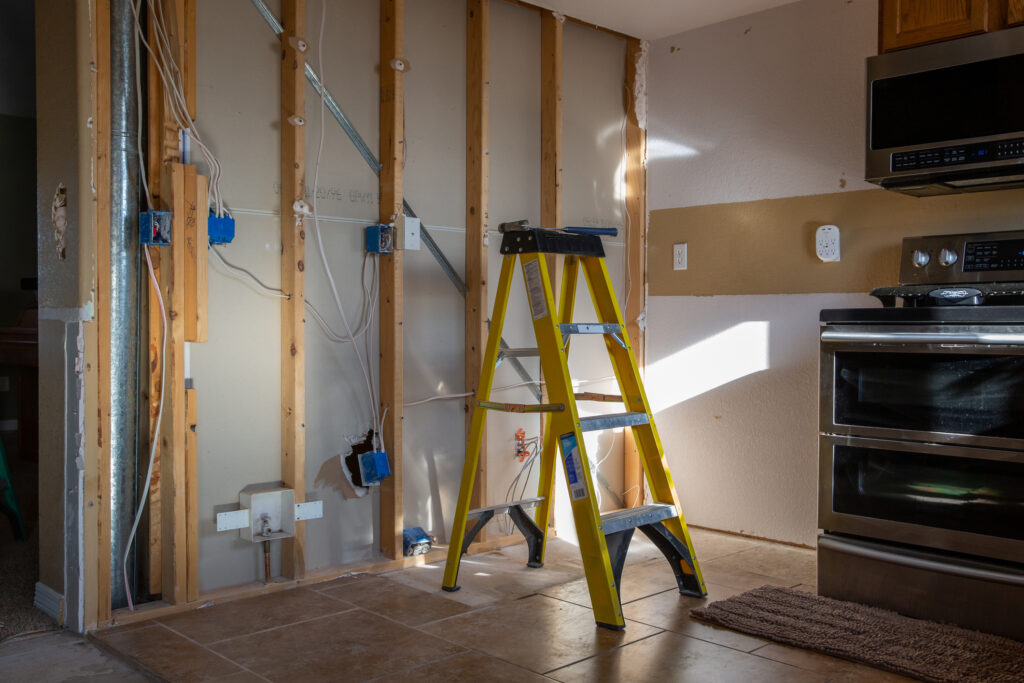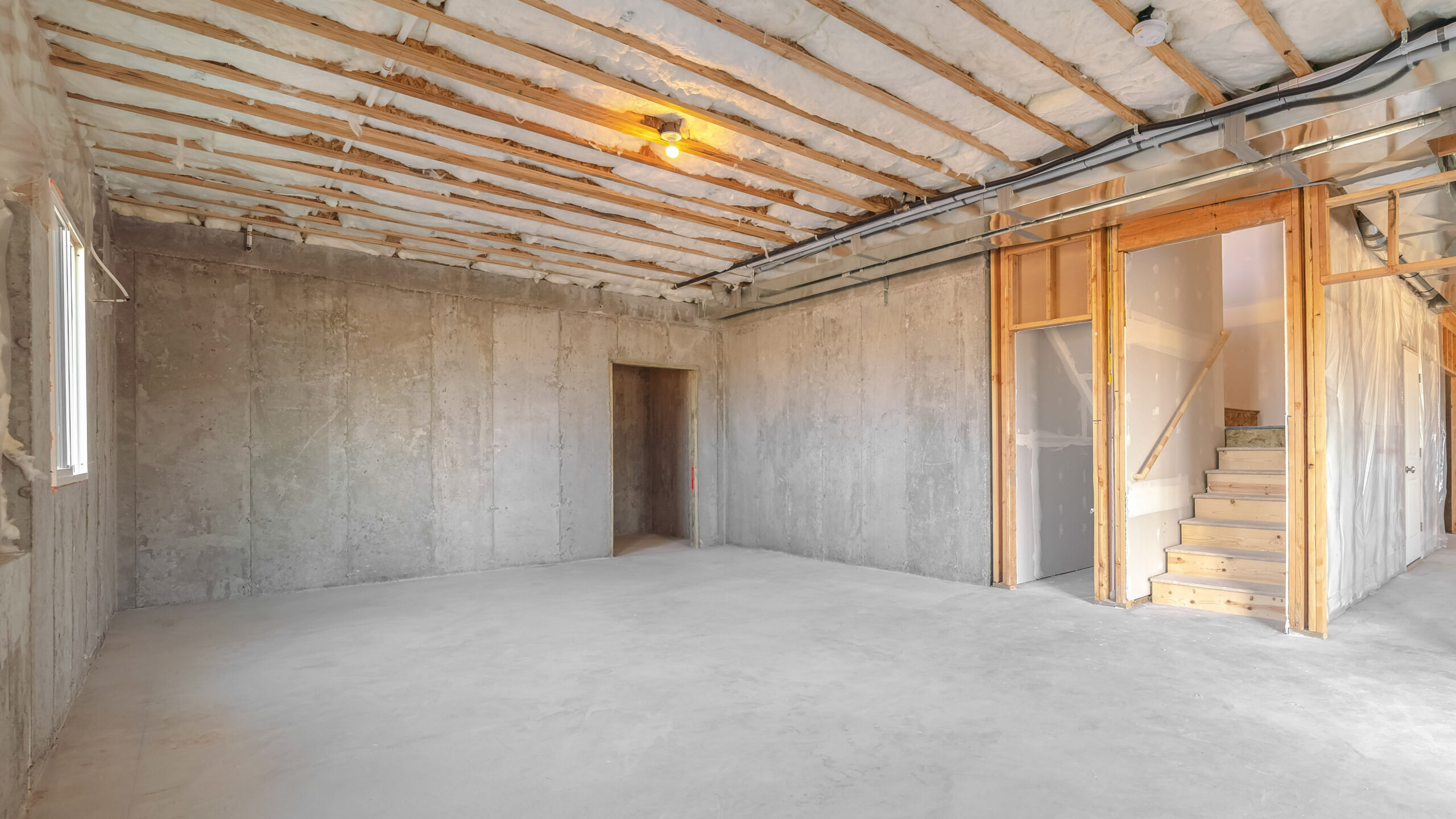Suppose you’ve ever tried turning a basement into a usable space — whether a guest room, gym, or home office — you’ve probably noticed how noisy it can get. The best insulation for soundproofing a basement ceiling can make all the difference, helping block footsteps, chair scrapes, and conversations from the rooms above. By treating the ceiling with the right soundproof insulation, you can transform your basement into a quieter, more comfortable space.
Soundproofing a basement ceiling doesn’t mean you’ll suddenly have a recording studio down there, but the right insulation can make a huge difference in how livable and comfortable the space feels. Let’s walk through some of the most practical options and what they bring to the table.

How Insulation Helps in Basement Ceiling Soundproofing
Unlike a decorative finish or suspended acoustic panel, insulation works inside the ceiling cavity. It doesn’t just absorb airborne noise like voices and music — it also minimizes vibration that travels through joists. When combined with drywall layers or resilient channels, insulation becomes the backbone of effective soundproofing for basement ceilings.
Types of Insulation for Basement Ceiling Soundproofing
Fiberglass Batts
- Affordable, easy to install.
- Good at absorbing mid-to-high frequency airborne noise.
- Often used in NYC apartment remodeling projects where budgets are tight.
Mineral Wool (Rockwool)
- Denser than fiberglass, with higher Sound Transmission Class (STC) ratings.
- Performs better for both airborne and low-frequency sounds.
- Fire-resistant, making it ideal for basement mechanical rooms.
- A favorite among kitchen remodeling in NYC contractors who want both insulation and fire protection.
Cellulose Insulation
- Eco-friendly option made from recycled paper.
- Blown-in style makes it easier to retrofit existing basement ceilings.
- Not as strong for impact noise, but improves overall sound absorption.
Spray Foam Insulation
- Provides both thermal insulation and some noise reduction.
- Seals small cracks and gaps around pipes and ducts.
- Expensive and less effective for impact noise, but useful when combined with other methods.

Choosing the Best Insulation for Your Basement Ceiling
When selecting insulation for soundproofing a basement ceiling, think about:
- Noise type: Is the problem voices (airborne) or footsteps/weightlifting above (impact)?
- Construction stage: Open joists allow batts or mineral wool; finished ceilings may require blown-in cellulose.
- Integration with other upgrades: If you’re doing a full apartment remodel, combine insulation with double drywall and resilient channels for maximum results.
Integrating Basement Ceiling Soundproofing With NYC Remodeling Projects
Soundproofing a basement ceiling doesn’t exist in isolation. It connects with other renovation work in important ways:
- Kitchen Remodeling in NYC: Many kitchens are above basements. Adding soundproof insulation prevents noise from carrying between the cooking and living areas.
- Apartment Remodeling: In multi-level apartments, basement ceilings act as both soundproofing and fire separation. Quality insulation improves overall building comfort.
- Future Upgrades: If you plan to finish your basement into a gym or theater, insulation ensures noise stays contained.
Best Practices for Installing Basement Ceiling Soundproof Insulation
- Seal gaps first: Pipes, ducts, and recessed lighting often create sound leaks. Use acoustic caulk before installing insulation.
- Layer materials: Insulation alone won’t stop impact noise. Combine it with drywall, damping compounds, or suspended acoustic panels.
- Think about access: In NYC apartments, basements often hide plumbing and HVAC. Plan removable access panels for future maintenance.
- Work with professionals: Experienced remodelers know how to combine soundproofing insulation with code-compliant fire protection and energy efficiency.
FAQs About Basement Ceiling Soundproofing
Q: What is the best insulation for soundproofing a basement ceiling?
Mineral wool is often the best choice because it’s dense, fire-resistant, and excellent for both airborne and low-frequency sounds.
Q: Can I add insulation to an already finished basement ceiling?
Yes — blown-in cellulose or spray foam can be added without full demolition.
Q: Does insulation block all noise from above?
No. Insulation mainly reduces airborne sound. For footsteps or heavy impact, pair insulation with resilient channels and drywall.
Q: Is soundproofing a basement ceiling worth it in NYC apartments?
Absolutely. With thin construction and shared walls, basement ceiling soundproofing in NYC provides both comfort and privacy.
Conclusion: Build a Quieter Basement and a Better Home
Choosing the best insulation for soundproofing the basement ceiling is a key step in creating a more peaceful home. Whether you select fiberglass batts for a simple upgrade, mineral wool for maximum performance, or cellulose for an eco-friendly retrofit, insulation forms the foundation of effective soundproofing.
When combined with other strategies like double drywall or suspended panels, insulation transforms noisy basements into comfortable living spaces. And since it’s part of the larger Soundproof Ceiling in NYC strategy, basement soundproofing ties directly into broader apartment remodeling and kitchen remodeling in NYC projects.


